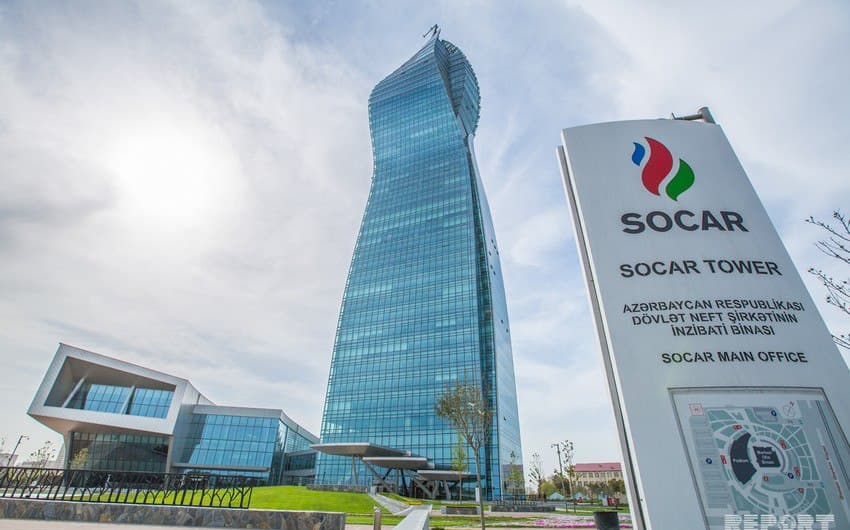BAKU
Azerbaijan’s state energy firm SOCAR started to supply diesel fuel produced by Russia’s Rosneft to Ukraine, market participants said.
The first shipment, totalling about 2,000 tonnes, was imported this week by SOCAR New Energy, the company’s subsidiary. SOCAR became an export operator of Rosneft’s oil products in Ukraine earlier this month, Enkorr reported.
Swiss-based trader Proton Energy Group was previously supplying Rosneft diesel and liquefied petroleum gas to Ukraine, but stopped exports from April 1, Reuters reported, citing trading sources.
The new operator’s quota stands at more than 100,000 tonnes of diesel fuel and 12,000 tonnes of liquefied gas.
SOCAR announced a range of prices for diesel fuel to be shipped from Gomel with a differential above $30 per tonne. SOCAR said it would be able to offer the first volume of LPG from July 2021. The premium under the contract may be $25 per tonne to the monthly average of the Argus daf Brest quotation.
SOCAR has had an office in Ukraine since 2008. In 2010 the company began operating on the Ukrainian fuel market.
Ukraine consumes more than 7 million tonnes of diesel a year, importing two-thirds of the quantity it needs, mainly from Russia and Belarus. After Proton stopped supplies, Ukraine sought to increase seaborne imports but volumes have been insufficient, Reuters reported.
Rosneft, which supplied about 1.75 million tonnes of diesel to Ukraine last year via pipelines and railways, does not plan to resume exports in May and traders say that Ukraine may face diesel shortages in May because of planned maintenance at the Belarus Mozyr refinery from May 15 to June 15.
Mozyr is expected to supply about 150,000 tonnes of diesel to Ukraine in May, down from the usual 240,000 tonnes a month.
According to Reuters, traders estimate diesel shortages in Ukraine in May of a range of 150,000 and 200,000 tonnes.
That might be a serious blow for Ukraine, a major grain producer, as they are in the middle of the sowing season. Ukraine has previously increased imports from seaports and by rail to compensate for shortages.

